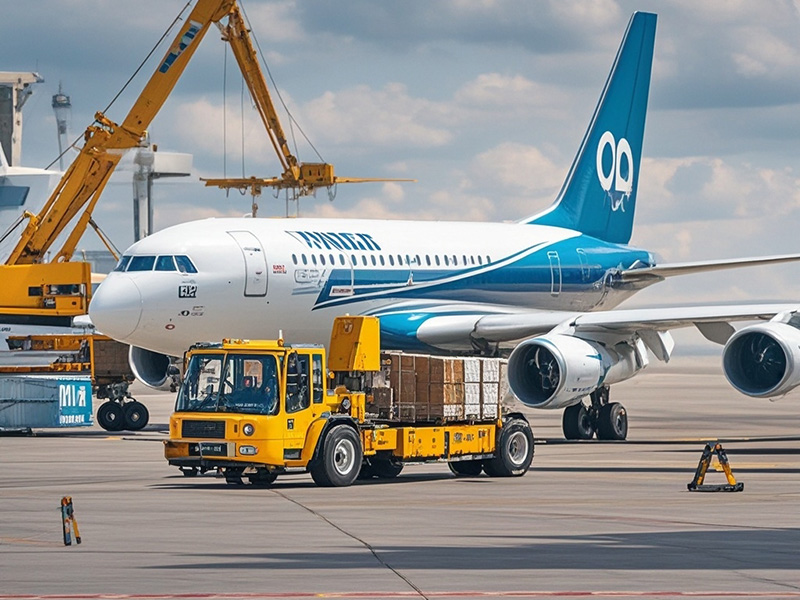The Middle East has attracted significant attention on the international logistics stage because of its position at the crossroads of global trade. The region’s unique geographical location has made it a logistics hub connecting the world. Its ports, airports, and land transportation networks play a key role in global trade, with Middle Eastern cross-border logistics providing convenient channels for the flow of goods.

Logistics operations in the Middle East are renowned for their efficiency and reliability. Middle Eastern logistics companies play a pivotal role in international trade, offering comprehensive cargo transportation and logistics solutions. Whether by land, sea, or air, the Middle East boasts world-class logistics infrastructure capable of meeting the transportation needs of all types of goods.
Middle Eastern freight services are diverse, covering a wide range of cargo types. While crude oil and natural gas exports have long been the region’s main economic drivers, other commodities such as electronics, textiles, and machinery are also transported through the Middle East’s freight networks to destinations worldwide. Middle Eastern express delivery is highly praised for its speed and reliability. Major international courier companies have extensive networks in the region, providing fast and dependable delivery services that enable consumers and businesses in the Middle East to send goods quickly to international destinations.
To enhance efficiency, Middle Eastern logistics companies commonly use consolidated shipping services. This involves combining goods from multiple clients to achieve higher loading efficiency. Consolidation allows goods to be transported more economically and efficiently, reducing costs and improving transportation productivity. The logistics industry on Middle Eastern special lines offers a variety of customized solutions to meet clients’ specific needs. Whether requiring special packaging, temperature-controlled conditions, or other unique requirements, Middle Eastern logistics companies can provide dedicated line services tailored to clients’ demands.
The Middle Eastern cross-border logistics industry is experiencing robust growth. Middle Eastern countries are actively investing in upgrading logistics infrastructure and technology to meet the growing demands of international trade. At the same time, regional governments are formulating more open and business-friendly trade policies to attract more international enterprises and investment.
As the Middle East’s status as a logistics hub continues to strengthen, its logistics industry is also expanding. Middle Eastern cargo consolidation represents the region’s dynamic logistics market. In the future, as Middle Eastern countries continue to invest in logistics infrastructure and technological innovation, the region’s logistics industry is poised to thrive, offering more opportunities and choices for international trade.




 24-hour Online Customer Service
24-hour Online Customer Service Get a quote immediately
Get a quote immediately Xycargo International Freight Forwarding Company
Xycargo International Freight Forwarding Company 



